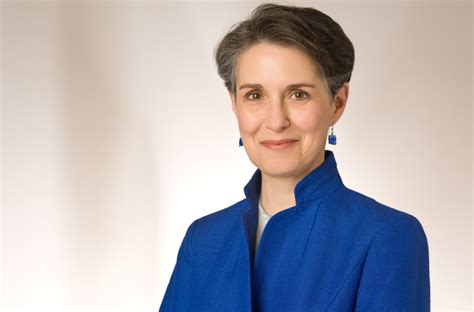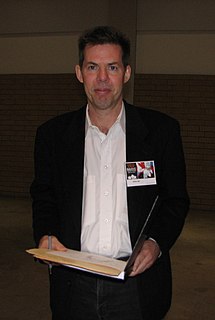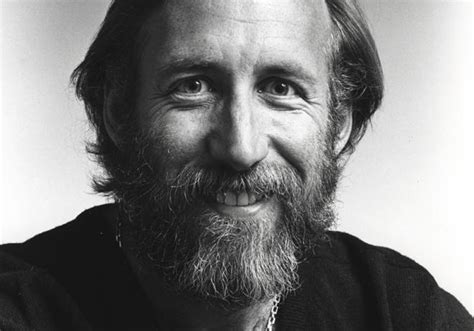A Quote by Carol S. Dweck
Scholars are deeply gratified when their ideas catch on. And they are even more gratified when their ideas make a difference - improving motivation, innovation, or productivity, for example. But popularity has a price: people sometimes distort ideas and, therefore, fail to reap their benefits.
Related Quotes
Creativity is the generation and initial development of new, useful ideas. Innovation is the successful implementation of those ideas in an organization. Thus, no innovation is possible without the creative processes that mark the front end of the process: identifying important problems and opportunities, gathering relevant information, generating new ideas, and exploring the validity of those ideas.
If you get into entrepreneurshi p driven by profit, you are a lot more likely to fail. The entrepreneurs who succeed usually want to make a difference to people’s lives, not just their own bank balances. The desire to change things for the better is the motivation for taking risks and pursuing seemingly impossible business ideas.
Ideas come mostly bottoms-up. They come when you have a free flow of ideas and you have people able to combine multiple ideas into one concept... And you've got to have competition, too. You've got to say, 'We're going to have 10 different ideas, nine of them are going to fail, and the one that does the best is going to move forward.'
That's the power of great insights. Insights, not ideas. There's a difference. Ideas, valuable though they may be, are a dime a dozen in business. Insight is much rarer -- and therefore more precious. In the advertising business, a good idea can inspire a great commercial. But a good insight can fuel a thousand ideas, a thousand commercials.
If we are in Christ the whole basis of our goings is God, not conceptions of God, not ideas of God, but God Himself. We do not need any more ideas about God, the world is full of ideas about God, they are all worthless, because the ideas of God in anyone’s head are of no more use than our own ideas. What we need is a real God, not more ideas about Him.


































